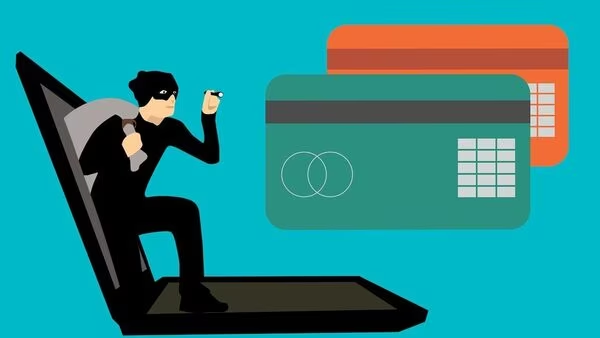According to a recent survey, 47% of Indians had experienced financial theft in the previous three years. The poll revealed that credit card and UPI fraud are the most prevalent types of financial fraud, with responses from 23,000 people in 302 districts.
More than 50% of those surveyed said that both domestic and foreign retailers have charged their credit cards without authorization. In particular, 36% of respondents reported having dealt with fraudulent UPI transactions, and 43% reported dealing with fraudulent credit card transactions.
Alarming Rise in Financial Fraud: 47% of Indians Affected, Survey Reveals
- 47% of Indians report having been victims of financial fraud in the last three years. The most common types of fraud are credit card and UPI.
- More than half of those surveyed said that both domestic and foreign retailers have charged their credit cards without authorization.
- According to the poll, 38% of participants were women and 62% of responses were men.
- Unsettling data from a LocalCircles poll of 23,000 participants in 302 regions showed that 43% had encountered credit card fraud.
- About 36% of UPI transactions were fraudulent.
Also Read: RBI approves record dividend payout of Rs 2.11 lakh crore to govt for FY24
Financial Fraud on the Rise: RBI Reports 166% Increase in Cases for FY24
Data from the Reserve Bank of India (RBI) shows that the number of fraud cases increased by 166% in FY24, totaling more than 36,000 instances. Even with the rise in instances, the total fraud value of Rs 13,930 crore was almost half of the previous fiscal year’s amount.
According to reports, six out of ten Indians do not notify law enforcement or authorities about financial theft. Thirty percent reported experiencing UPI fraud and forty-three percent reported credit card fraud among respondents in cities.
According to the poll, Indian consumers’ financial and personal information is easily sold, leaving them open to fraud. The lack of OTP authentication on a large number of foreign websites and apps raises the possibility of unauthorized transactions.














